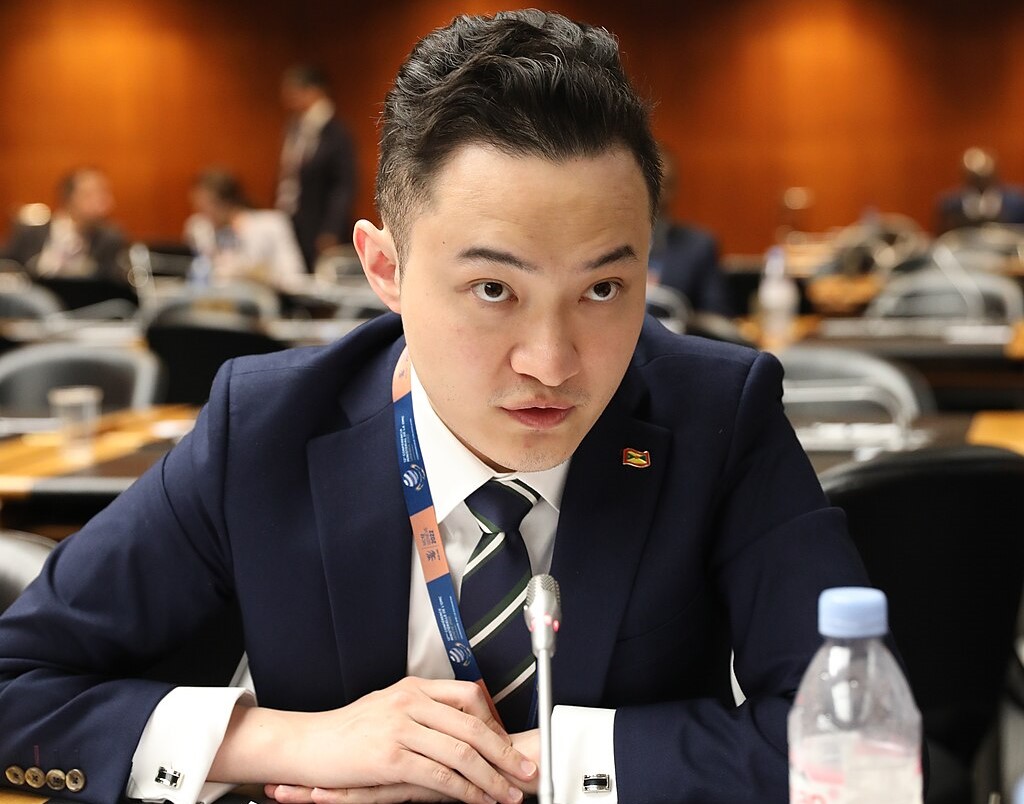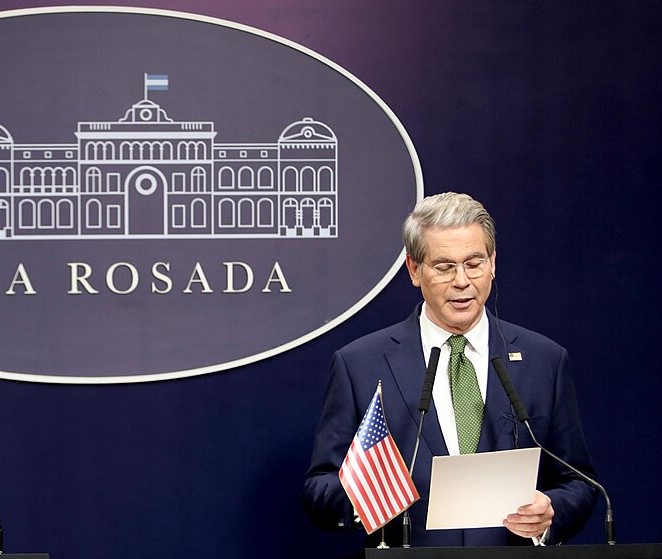A class-action lawsuit has been filed by a group of investors against the decentralized autonomous organization Banco and its operator BProtocol Foundation, along with the founders, in the United States District Court for the Western District of Texas. The investors allege that Bancor misled them regarding its impermanent loss protection (ILP) mechanism for liquidity providers and operated as an unregistered form of security.
The lawsuit claims that Bancor's v2.1 investment product, launched in October 2020 and featuring ILP, was running at a deficit, which the defendants were aware of. To conceal this issue, they introduced a new product, v3, boasting highly competitive returns without requiring users to assume any risk.
Impermanent loss occurs when a liquidity provider adds assets to a pool, and one of the tokens involved experiences a decrease in value relative to another token in the pool. This loss is termed "impermanent" because the token's value may be restored through trading conditions. However, the loss becomes realized if the investor decides to withdraw the token from the pool.
In June 2022, Bancor saw a withdrawal surge, leading to a temporary ILP suspension. Although investors could still remove their assets, they suffered losses that the ILP mechanism was designed to prevent. Consequently, investors faced losses nearing 50% of their Liquidity Provider Program investment, translating to tens of millions of dollars for U.S. retail investors, as stated in the lawsuit.
The plaintiffs have brought forward six charges against the defendants, accusing them of violating the Securities Act of 1933 and the Exchange Act of 1934, as well as breach of contract and unjust enrichment. They seek restitution, damages, and interest as compensation for their losses. The lawsuit aims to hold Bancor and its affiliates accountable for their actions, emphasizing the importance of transparency and investor protection in the rapidly evolving world of decentralized finance.


























Comment 0